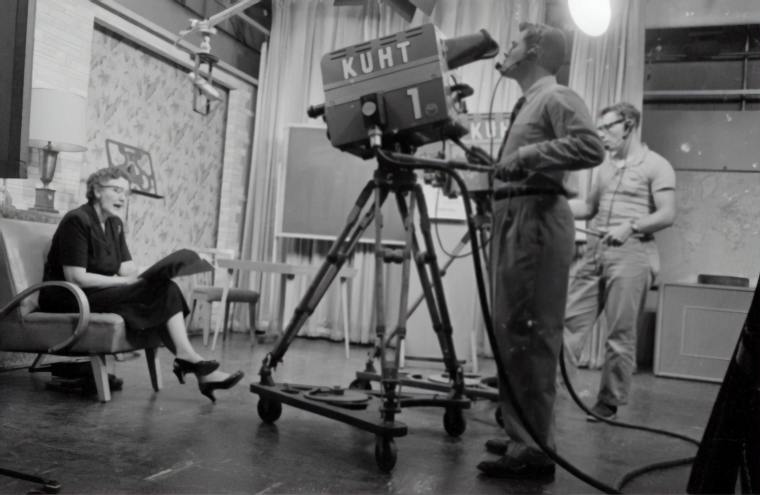
Media is dead. And we have killed it.
Some of you may recognise these words as a play on Nietzsche’s famous statement. When he wrote it, he wasn’t in a celebratory mood; Nietzsche believed that scientific thought had robbed people of a morality that had always been evident.
Just as Nietzsche declared the death of God, so too will I make a case for the slow and tragic death of media.
Media used to mean a lot of things; integrity, information and truth chief among them. These days, however, it has a new purpose, one that sees the common man manipulated and the agendas of the few pushed far beyond what should ever have been pushed.
Clicks
Think of a product on a menu at a restaurant. The more times a product is selected, the more likely it is for the product to keep appearing on the menu. The more this item is prominently displayed on the menu, the more paying customers will see it. The more customers see it, the more likely they will be to purchase it. Thus, the cycle goes.
This is how it seems media has developed over time. The more clicks something receives (let’s think specifically of digital media), the more widespread it will become; it receives clout and sponsorship and makes its way to a lot more people. When it is seen that some kind of news is reaching more and more people, it gets given more momentum.
Tricks
So, the question is raised; how does one guarantee these clicks? What can people look at to ensure they will receive as much attention as possible on anything they posted? Think of when you’re driving past a car accident. Some part of you simply cannot resist looking over and inspecting whatever happened to that poor motor-vehicle. There just seems to be something about an extreme situation that draws our eyes like moths to a flame.
There things are unexpected; they are out of the ordinary, demand attention and stick in our minds. It is not hard to see why media would try to push the most extreme story possible. The more extreme, the more controversy they can generate. The more controversy, the more discussions and arguments will be had around it. The more arguments, the more clicks. The more clicks, the more money. The small percentage of people - the people who own the media and decide what is and isn’t published - select what is put forth to carefully generate as many clicks as they can.
The Manipulation of Man
Think of if you restored sight to a blind person. The person woke up in a pink hospital room. The bed was pink, the floor was pink, there were no windows and even their body had been painted pink. It’s not unlikely this person might believe pink was the only colour that existed.
The person who woke up in the pink room wouldn’t know any better; they would believe what they saw because that was all they had to see; it would be the state of the world because that is the world that had been made for them. Just as the pink patient would accept the world based on all the information they were given, so too do we understand the world through the lens the media presents us.
I believe that media is making a pink room of the world.
Think of George Floyd and the BLM protests.
I have yet to meet a person alive who has not seen this story. It didn’t just spark controversy, it ignited riots. It set a country aflame and lit a movement. I’m not making commentary on said movement, but I want to bring another name to your attention; Tony Timpa.
The case is shockingly similar, and yet I had never heard the name either. This is because the narrative ‘black man unjustly killed by racist policeman’ is a lot more controversial – a lot more sellable – than ‘white man victim of police brutality’. It riles up a very specific group of people and manufactures a clear victim/oppressor dichotomy that is largely controlled by media in the first place.
Every one of us is the person in the pink room. We are believing what we see because it is the information provided to us. We are joining movements because it is what we are told to do. We are accepting reality because it is the reality presented to us. The Bible demands we seek truth; it consistently begs us to not accept things of the world simply because they’re in it (Philippians 4:8, Romans 12:2, etc.). Rather we, as believers, strive to seek out that which is holy.
Media is dying. It is digging its own grave and collapsing in on itself. It is becoming a machine designed to manufacture as much controversy and hatred as possible and lost sight of the reason it existed in the first place. What is there, then, to move towards, when we can no longer trust the world that we can see?

Josiah Gray lives in Logan City, Australia. He is currently studying teaching at Christian Heritage College and is committed to telling the story of Jesus to the next generation. Josiah’s previous articles may be viewed at: https://www.pressserviceinternational.org/josiah-gray.html